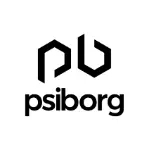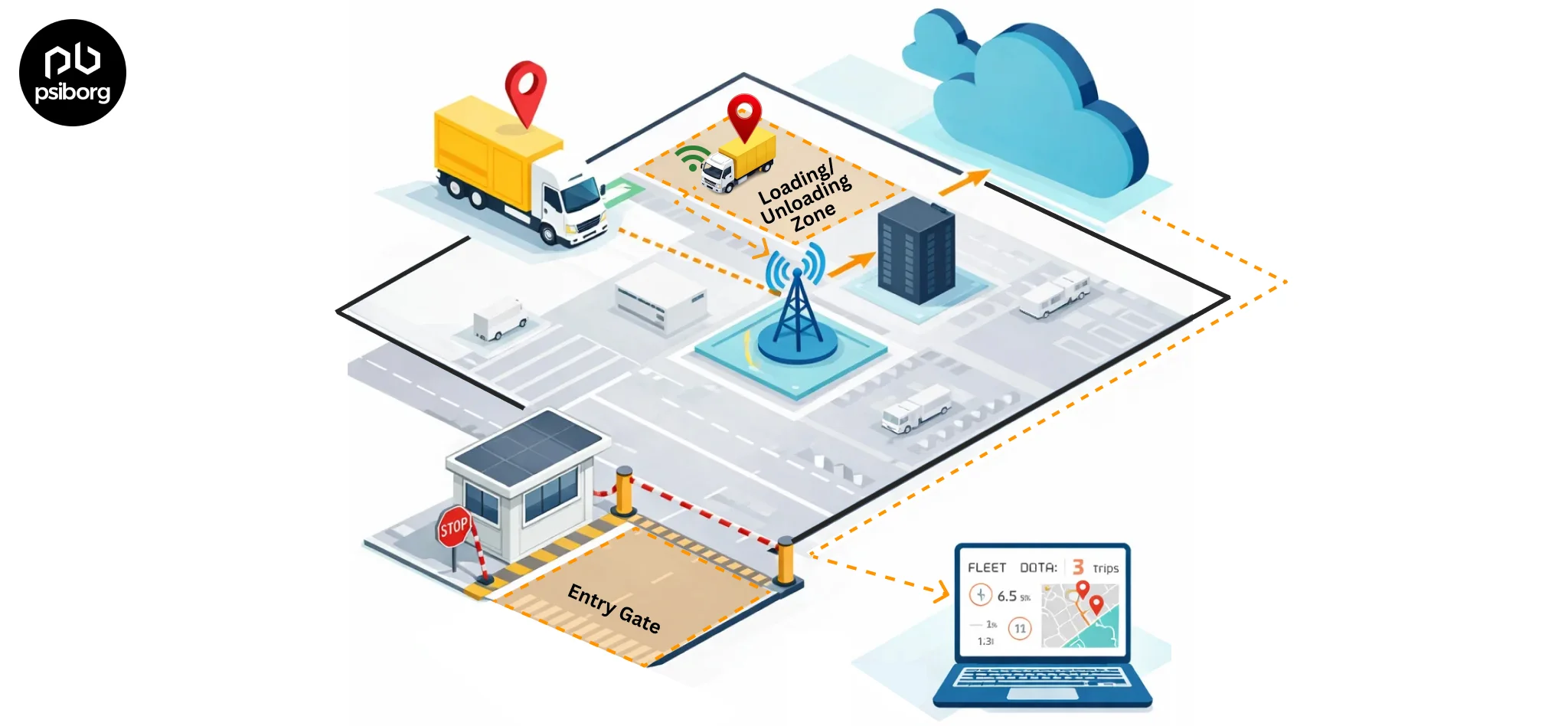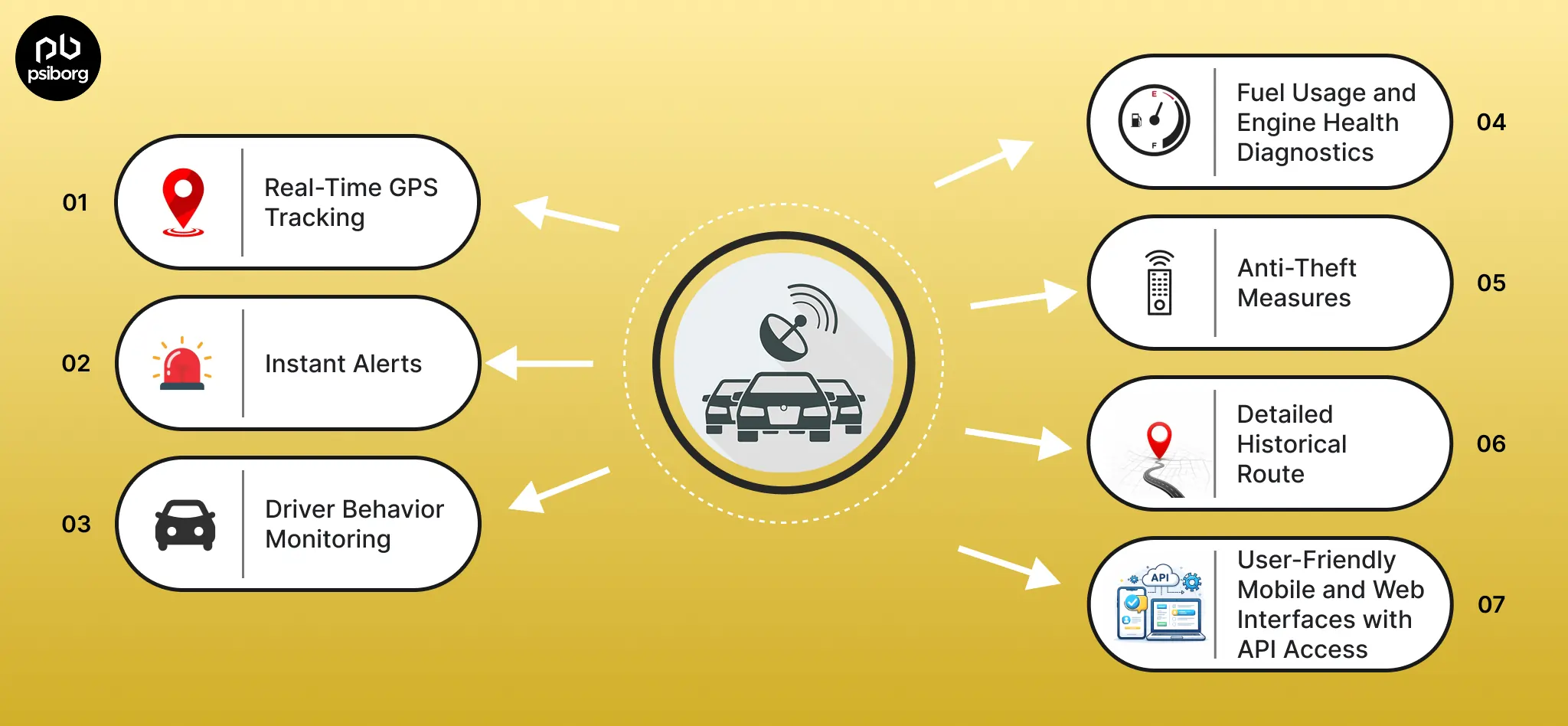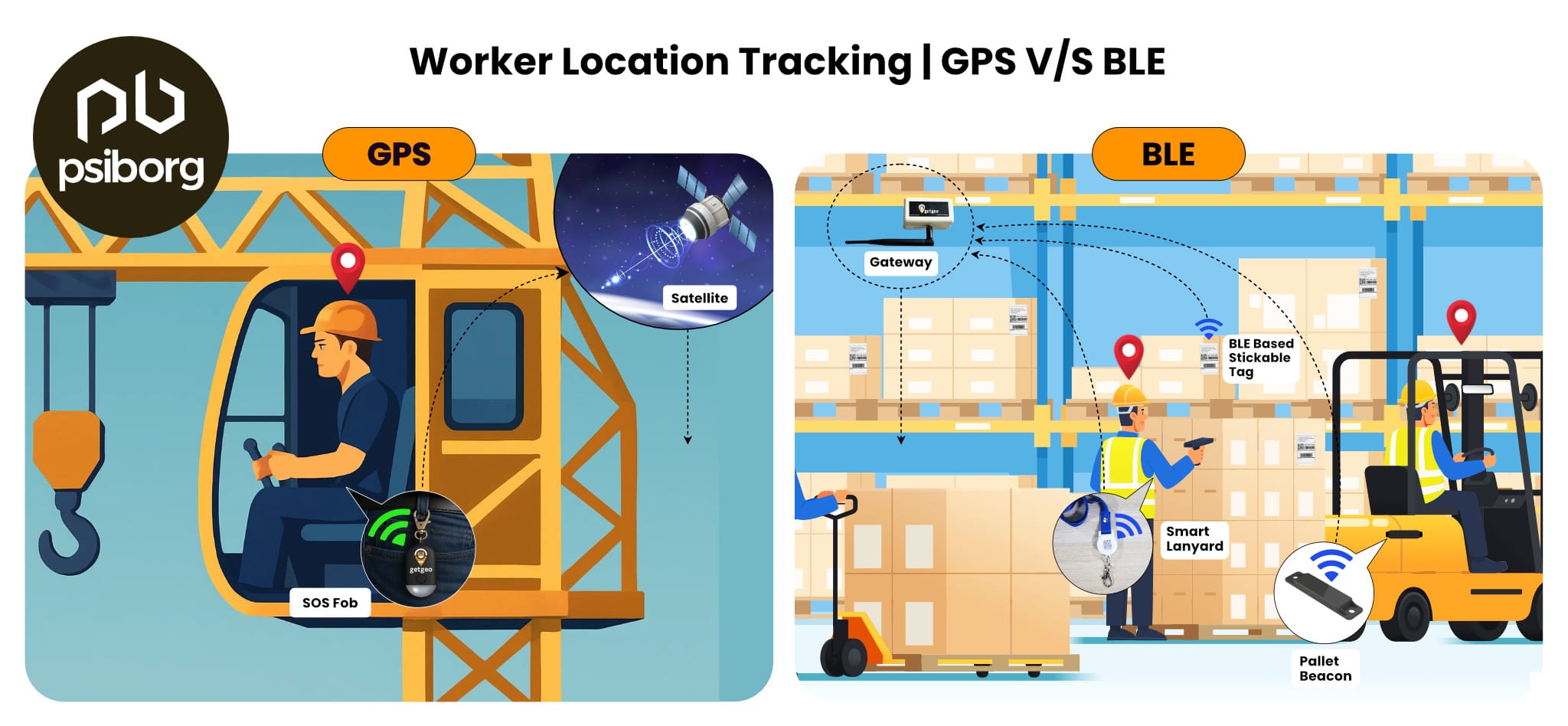FACILITY MANAGEMENT AND THE INTERNET OF THINGS
Facility management and IoT are two terms that can confuse people when used together. Facility management is a field that includes administering different facilities in organizations, buildings, office spaces, coworking spaces, etc. by ensuring comfort and security. Whereas, the Internet of Things is the modern era of technology that has leveraged almost every industry, field, people, and technology itself. When the IoT integrates with the facility management industry, the result is useful in every essential aspect.
The most concerning factor which is often used against the facility management industry is the environment. The increasing debates on how to save the environment have forced the facility management sector to make changes and optimize its services. The Internet of Things has risen as a boon for the facility management industry as not only do the services get optimized but also everything is smart and efficient as compared with the traditional ways.
The IoT facility management has elevated technology and innovations to new levels by being the fastest-changing and inescapable technology. Businesses are adopting IoT in facility management as one of the tools to increase their efficiency and profits. The reason to use IoT in facility management industry is none other than affordable sensors, quick connectivity, processes, and changeable platforms.
IoT solutions provide facility management companies to work in an efficient and data-driven environment with real-time responses by the management, which ensures increased productivity and comfort of the workers. With the use of IoT applications in facility management one can streamline the in-house work efficiently thus improving the business.
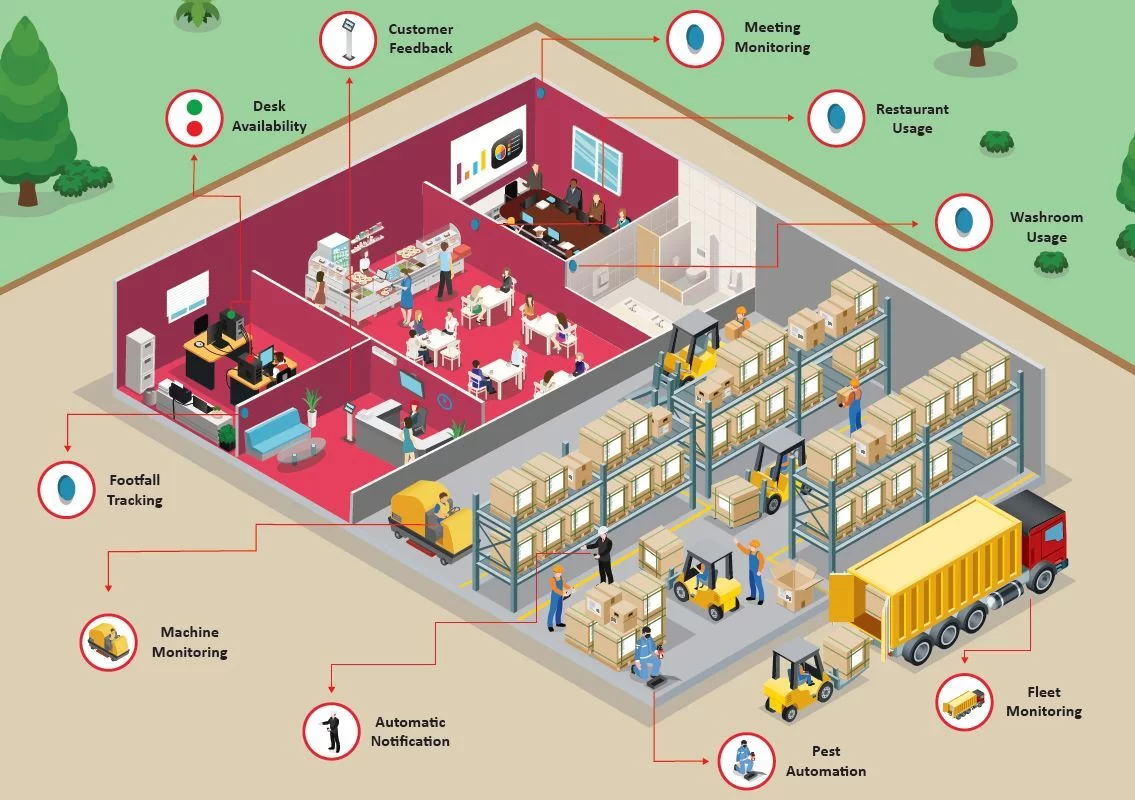
CHALLENGES FACED BY THE FACILITY MANAGEMENT INDUSTRY
Every industry faces challenges, and so does the facility management industry. Whether the concern is towards building management, security management, or any other service of the facility management sector, the challenges faced can result in drawbacks for the industry. Here are some of the difficulties faced by facility management along with the result-oriented solutions:
1. REAL-TIME MEETINGS AND STAFF COORDINATION
In any organization, it is essential to call meetings regularly to discuss the functioning of the organization. However, arranging real-time meetings is difficult for facility managers who are using outdated facility management systems. The problem can be solved by a real-time tracking system that can help facility managers to keep a check on the different facility areas.
Staff coordination can be listed as a challenge faced by the facility management system as every person serving needs to communicate with each other. Communication takes typically place through emails, messengers, or other such mediums. Using all this can be not very clear for the employees as well as the manager. To overcome the issue, a facility management system connected to all can be a useful tool.
IoT application in facility management have made it easier for employers to keep track of their employees by asking them to report or arranging meetings. A real-time employee tracking system can be installed in the employee system, which keeps track of employee activities. The activities include work hours tracking, activity logs, screenshots, keystrokes, website history, etc.
2. KEEPING THE SYSTEMS UPDATED
The hardware devices used for providing facilities become outdated or damaged. Therefore, it is essential to keep a check on the devices so that they get replaced without causing further damage whenever any such thing occurs. Technologies used for real-time equipment monitoring, such as predictive analytics, can be used to overcome the challenges.
In a building, many pieces of equipment and machines are used for development as well as for other utilities. However, machines and hardware devices have a wear-out phase. After the wear-out phase, the device needs to be changed or needs maintenance. However, the effort of changing the device or putting extra cost for support can be decreased by the process of predictive and preventive maintenance methods. The maintenance efforts can be optimized if any device faults are predicted in the initial stage and prevented from the wear-out phase.
By using the IoT in facility management industry we can easily track problematic devices at an early stage. When the issue is determined at the early stages, the solution can be easy and quick hence saving a lot of time. The real-time data collected by the system can help identify small initial-stage problems, thus saving giant issues. This can be cost-effective and also increases the efficiency level of the staff.
3. DATABASE MANAGEMENT AND DECISION MAKING
Data is a key to growth for any organization or sector. Managing data in bulk is one of the most critical responsibilities of facility management systems. However, without a proper database management system, this is barely possible. Also, with a lot of data, it becomes challenging to make the right decisions based on customer responses. The data can be stored in the cloud where data stored is not only stored but is also computed to provide valuable customer insights.
- Cloud Storage and Data Analysis
We are aware that data collected by the facility management industry is in bulk form. The data consists of useful information from the users who benefit from the services. However, not every bit of info is essential in predicting user requirements. If the collected raw data gets analyzed appropriately, it can be managed as valuable information for the companies. The collected and analyzed data can be stored safely in the cloud.
The saturated information after analysis of unsaturated data can help facility management companies to make smart decisions that can add considerable value to their business. The information not only increases transparency but also elevates the productivity of the services.
4. INFORMATION SECURITY
The next big concern is security. The facility management sector is one of the most significant information collector industries. The safety of the information is of utmost priority. Saving data from attacks related to cybersecurity, such as phishing, is essential. Therefore, every facility management system using a high-end authentication system such as biometric, two-way authentication, etc. can be advantageous.
- High-End Authentication System
Authentication systems have transformed to a great extent since IoT technology has tightened its roots. The security system has become more secure with IoT-based authentication methods such as biometric authentication, two-way authentication, thumbprint scanning, iris recognition, face recognition, digital signatures, etc. With IoT in facility management industry can be more secure by using the mentioned methods for security purposes
CHANGING THE WAY OF FLEET MANAGEMENT INDUSTRY WITH IOT SOLUTIONS
With the help of IoT technology, the device installation site visits are reduced hence saving them time and money. The data which is needed for the database can be collected without visiting the client, and it can also be updated frequently.
Customers using computerized maintenance management systems (CMMS) or other applications of Facility management can access information related to the machines in real-time. This helps create databases frequently and also reminds us whenever the device requires replacement. Remote work optimized the budget and increased the profit margins. A facility management company is said to use its resources most efficiently and offer the best packages for its services to the clients when they perform their operations efficiently.
CREATING A BETTER EXPERIENCE FOR GENERAL CUSTOMERS
By IoT and facility management, the facility management industry can provide its customers with a better experience. The cost of services can be reduced, which can attract more customers. Not only are tenants, but they can also help contribute to environmental factors by making a transformation the buildings into more connected, efficient, and smart infrastructure.
The IoT in facility management industry also help in improving the living conditions for the people living in the buildings. The FM companies can keep an eye on the premises and quickly resolve the problems. They can adjust the lighting, and also can provide better security.
Therefore it can be concluded that IoT for facility management will provide the best in all aspects. Buildings, people, the environment, and the company itself can get benefit from the integration.
Also Read:- IoT Asset Tracking and Monitoring and FACILITY MANAGEMENT INDUSTRY: HOW CAN IOT BE LEVERAGED?
The facility management companies can leverage from IoT Service Providing Companies to innovate the best solutions with IoT product development services thus adding value to their services.
FAQs
The IoT technology in facility management is basically the use of smart sensors and devices to monitor and control HVAC, temperature, lighting, security, energy usage and other aspects of the building. Managers can, in fact, keep an eye on systems even remotely and make necessary adjustments.
Among the various challenges, the most commonly faced is high initial investment. Facilities need a clear strategy to demonstrate return on investment through operational savings, energy efficiency, or improved service quality. Also, adopting IoT solutions often means changes in operational workflows. Facility management teams need proper training and buy-in to fully leverage the technology.
IoT has been quite promising when it comes to detecting issues & fixing them before any major issue happens. Besides, it saves energy and reduces expenses. Also, the up-to-the-minute data it provides helps managers optimize energy consumption and improve overall building performance.
It’s highly impressive how IoT can automate routine tasks for efficiency, detect equipment problems at an early stage and control systems like air conditioning and lighting. In the long run, businesses witness that the downtime is reduced, expenses come down and there’s optimum utilization of resources.
